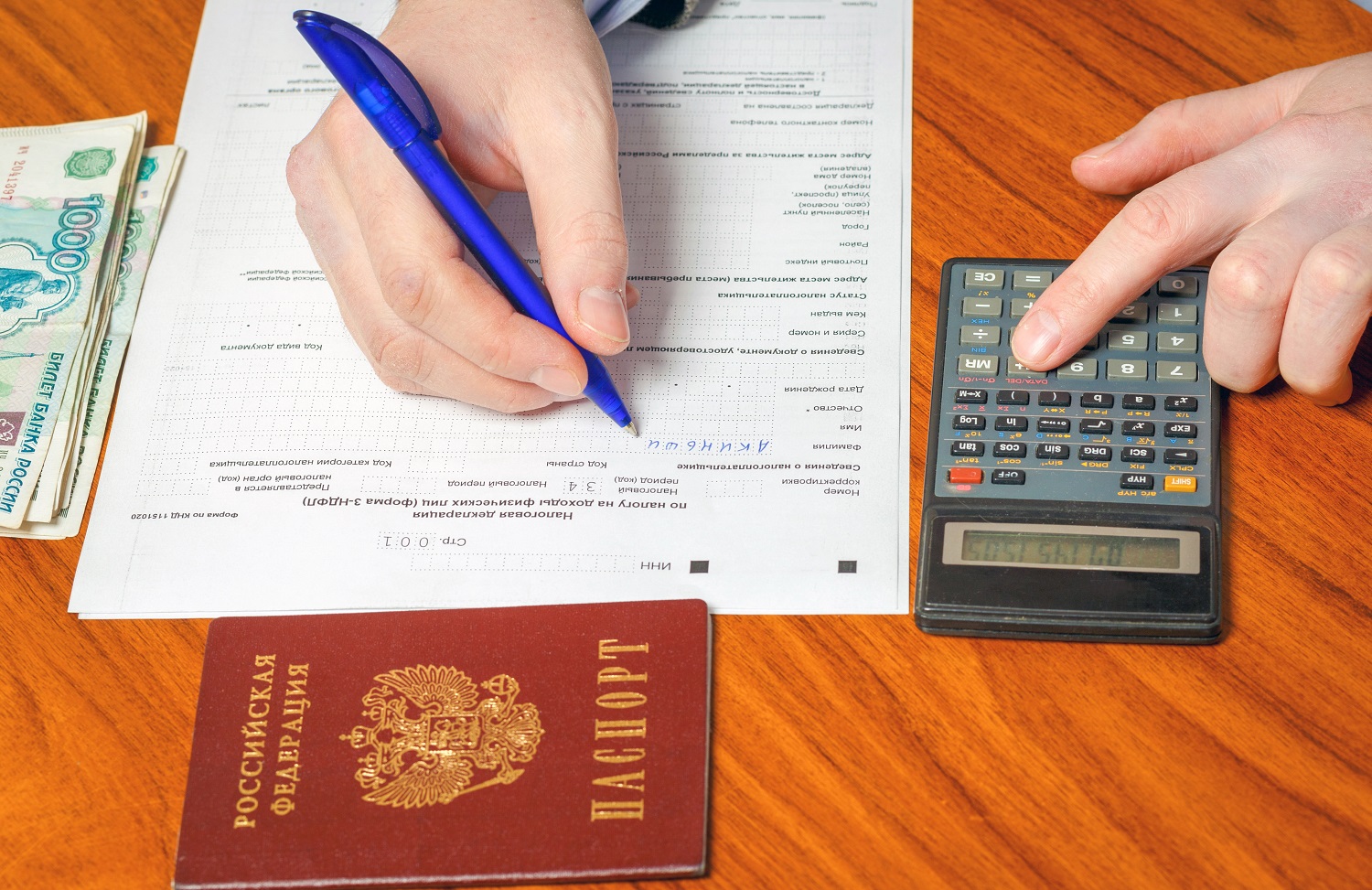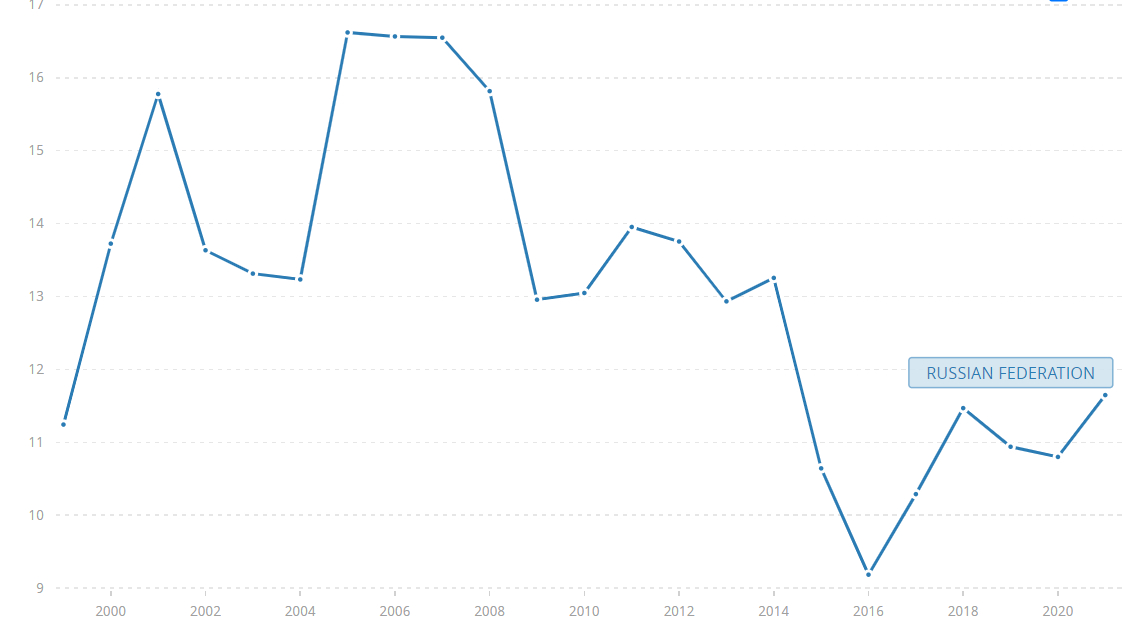[ad_1]

Russia is set to “integrate” its CBDC, the digital ruble, into its tax system, with legislation set to roll out before the year’s end.
Per Prime, the State Duma’s Committee on Budgets and Taxes has approved a private member’s bill that seeks to amend the Tax Code.
The amendment will allow tax bodies to “integrate the digital ruble” into Russia’s “system of tax regulation and control,” lawmakers said.
The bill will introduce concepts such as “digital ruble wallets” into the Tax Code.
It will also dictated that “operations related to the opening and maintenance of digital ruble wallets” are exempt from VAT.
The draft law will also require parties to keep records of transactions and income in digital yuan wallets, as well as CBDC-related expenses.
The judiciary, meanwhile, will be allowed to issue foreclose orders on digital ruble wallets in bankruptcies and similar cases.
The committee has approved the bill, which was brought forward by the lawmakers Anatoly Aksakov and Olga Anufriyeva and the senator Nikolai Zhuravlev.

Aksakov is the chief architect of Russia’s crypto legislation and the head of the Duma’s Financial Markets Committee.
He has previously spoken of the CBDC’s cross-border potential.
Anufriyeva, meanwhile, is a former DeputyMinister of Taxes and Duties.
And Zhuravlev is the former CEO of the Russian megabank Sovcombank.
Russia Drafting CBDC-Tax Laws
The bill will be submitted before the Duma on September 20 for its first reading.
If approved, it will then be re-submitted for a second reading.

If it then receives presidential approval, the bill could – in theory – promulgate on January 1, 2024, if not sooner.

Earlier this week, the Central Bank claimed that its digital ruble project was “entirely separate” from efforts to launch a biometrics-powered identification platform.
The CBDC pilot got underway in mid-August in 11 cities nationwide.
[ad_2]
cryptonews.com




